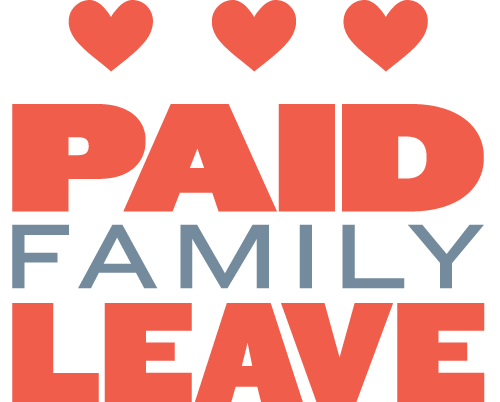I bet when you hear about paid family leave, the first image in your mind is of excited (and probably exhausted) new parents taking time off from work to bond with their infant children. That’s great, but what about people like me? Picture a woman in her mid-fifties, no kids, living and working a time zone away from her beloved 82-year-old happily independent mother. Then the phone rings, and the rhythm of life suddenly changes. In 2011, my mom suffered a massive stroke. All I knew when I got the call was that I needed to be with her as soon as possible. Luckily, at the time I worked for a unionized national organization. I was able to make one call, write a few emails and be authorized to immediately use my paid leave. Within hours, I was able to travel to my mother’s bedside in the Intensive Care Unit and stay with her through her transition to rehab.
My siblings were not as fortunate. My sister, who coordinated mom’s day-to-day needs and medical care, worked full time at a local nonprofit. She constantly felt stressed and torn between her job and caregiving. She tried reducing to 2/3rds time, but ultimately decided to “retire early” when her hours and pay were cut, but not her workload. Our brother feared losing his job if he took too much time away, so he did what he could on weekends. Over the next three years, I was able to provide much-needed respite for my sister and spend precious, quality time with our mom before she passed away.
My caregiving experience forever changed me. I am now self-employed as a caregiver coach supporting people to care for themselves as they care for their loved ones. With 10,000 people in the U.S. turning 65 years old each day, we must create support systems that address our growing needs. A recent Wall Street Journal article noted that “as baby boomers age, more older Americans will find themselves in need of care, yet there are fewer caregivers.” Paid Family Leave is one way that policy-makers can help as the Baby Boomers become an Elder Boom.
When I ask family caregivers what paid leave would mean to them, their eyes light up at the thought of being able to care for their loved ones without fear of losing their jobs or stress about how they will pay their bills. But few have that option today.
New hope has emerged with the passage of the Universal Paid Leave Act (UPLA) in Washington, DC. Thanks to broad-based grassroots support, this visionary law establishes a social insurance program that enables workers to have paid leave to care for themselves, a new child or ailing family member. Unfortunately, short-sighted business interests are working to undermine this new law before it is fully implemented by attacking its authors and campaigning against them.
Think about what you and your aging friends and family may need someday.
Thanks to paid leave, I was able to be the daughter I wanted and needed to be. Workers who care for aging parents and other loved ones already face enormous mental, physical and financial challenges. Let’s work together to lighten the load for caregivers, not make it harder.
Shelley Moskowitz, Ward 4 Resident

